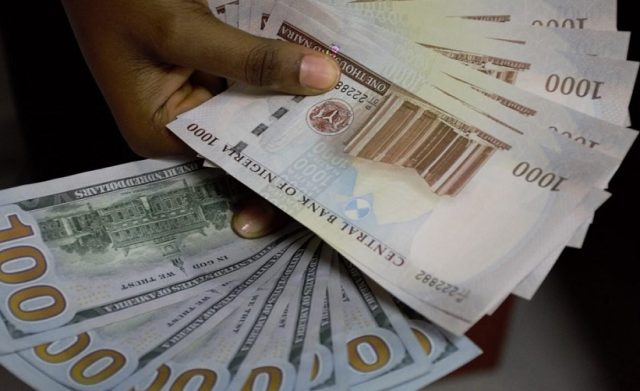Nigeria’s currency, the Naira, remains under significant pressure as the Central Bank of Nigeria (CBN) explores new strategies to tackle forex challenges. CBN Governor, Oluyemi Cardoso, unveiled a policy document in Abuja, emphasizing the bank’s evaluation of the backlog, distinguishing between genuine demand and speculative hoarding.
The CBN is actively considering creative financing options to address the short to medium-term backlog and seeking mechanisms for forex rate unification through willing buyer-willing seller arrangements. The apex bank is committed to promoting market-driven exchange rates, focusing on a Willing Buyer – Willing Seller principle.CBN emphasizes the importance of referencing foreign exchange rates from platforms like the CBN website and FMDQ, ensuring transparency and credibility in FX rates.
Isa AbdulMumin, CBN’s Director of Corporate Communications, stated that the bank will boost liquidity in the Nigerian Foreign Exchange Market through interventions to stabilize prices.Furthermore, the CBN has lifted restrictions on all 43 items previously subject to the 2015 Circular referenced as TED/FEM/FPC/GEN/01/010 and its addendums.
Importers of these items are now permitted to purchase foreign exchange in the Nigerian Foreign Exchange Market, aligning with efforts to clear the FX backlog and promote dialogue with stakeholders.The CBN is actively pursuing a unified FX market and is consulting with market participants to achieve this objective. Despite these efforts, the exchange rate remains a concern, with the dollar trading at N1045 as of 3.30 pm.
Abuja-based Bureau de Change operators are critical of the government’s response, questioning the decision to float the Naira without adequate dollar reserves.
They argue that this could lead to economic instability, especially in a time of reduced crude oil production.Dr. Muda Yusuf of the Centre for Promotion of Private Enterprises (CPPE) welcomes the CBN’s decision to discontinue the forex exclusion policy on the 43 items, seeing it as a step towards policy normalization.
The exclusion of these items had previously contributed to distortions in the forex market and inconsistencies in exchange rates between official and parallel markets. Yusuf also highlights the lack of policy coordination under the previous administration regarding these items’ import status.





